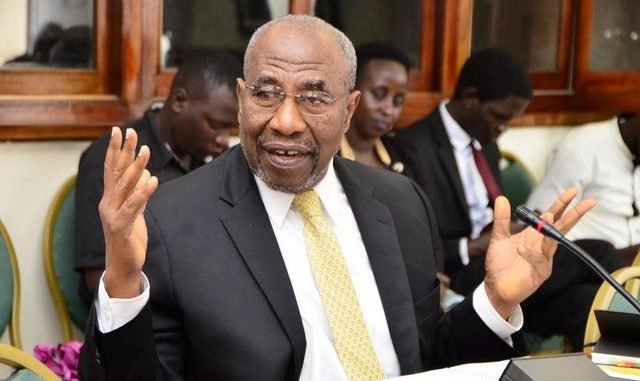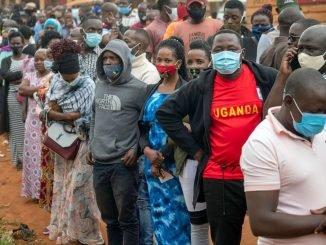
Kampala, Uganda | URN | The US Embassy in Uganda has announced a blackout on per diem allowances to Ugandan government officials who attend events it has organized or US agencies.
In a November 12 letter to the Prime Minister Ruhakana Rugunda, Deborah Malac, the US Ambassador to Uganda, said starting January 2020 the Uganda government should ensure that it fully facilitates its employees that participate in the activities, including workshops and outreaches.
Malac added the US Government would not be obliged to pay allowances, including per diem and travel costs for events occurring in Uganda.
“The US government will also never support facilitation, participation, or sitting fees for any event,” the letter reads.
The U.S Embassy’s stance puts a spotlight on one of the most loved facilitation to public officials. Many go to these events not necessarily to contribute productively but to receive the allowances that come with them. It is not surprising that an event that indicates no allowance for participants, is usually shunned.
A civil service study in Uganda found that three-quarters of the civil servants surveyed considered allowances as important as basic salary for their total income, while 13 per cent found allowances to be much more important than salaries. The study was done by the Danish Institute for International Studies.
Uganda’s recurrent expenditure runs in billions of shillings annually, which includes wage expenses. Experts have often argued that it doesn’t reflect well how much government spends on allowances, for instance.
Through the Local Development Partners’ Group, an umbrella organization of donors giving Uganda assistance, all the donors are striking the same tone. In February 2019, the group wrote to the Prime Minister that “they commit to encouraging the government of Uganda to eventually assume full responsibility for funding the accommodation, meals, and incidentals necessary for officials to perform their jobs in service to the people of Uganda.”
The group added that by government agencies sending officials to these events, it means they have an interest in being represented for the public interest – and essentially, they should be able to meet the cost.
Read Also: MPs should be stopped from approving own salaries – Minister
For the US government, it is not surprising that the embassy is stripping non-essential things from its priority of funding. Since the coming into office of President Donald Trump, the US has cut the Global Fund to Fight AIDS, Tuberculosis and Malaria, and also the money to the President’s Emergency Plan for AIDS Relief (PEPFAR), a multi billion-dollar program started by President George W. Bush.
In March, the Washington Post reported that on PEPFAR, for instance, Trump has provided USD 3.35 billion for global bilateral efforts at the State Department and the U.S. Agency for International Development for 2020, which is about 30 per cent below 2019 levels.
On the Global Fund, Trump proposed USD 958.4 million for 2020, which is 29 per cent below fiscal 2019 level. The US embassy says that as the US government assistance begins to decline, particularly for PEPFAR budgets, Uganda government should increase its financial support especially in social sectors.



